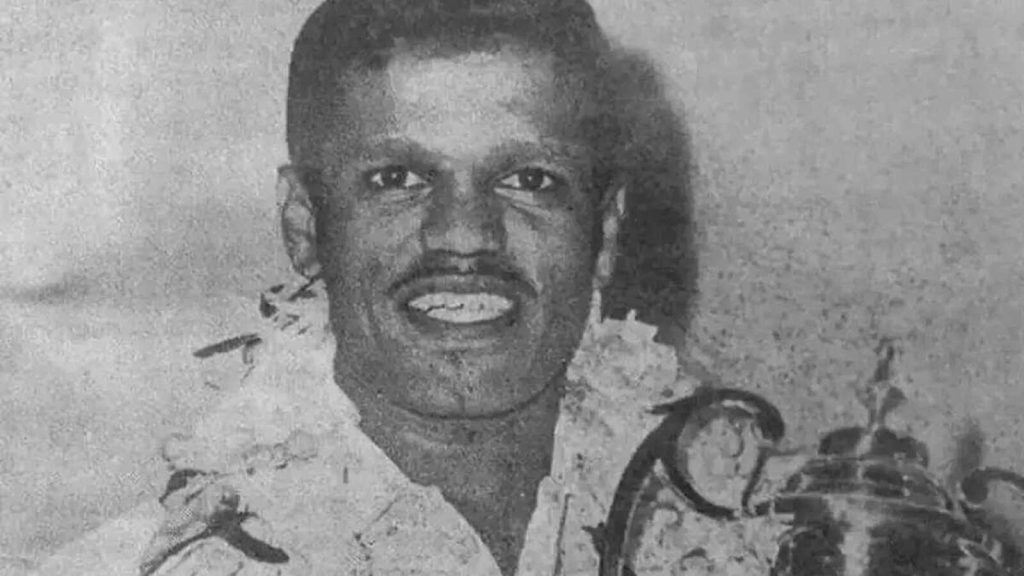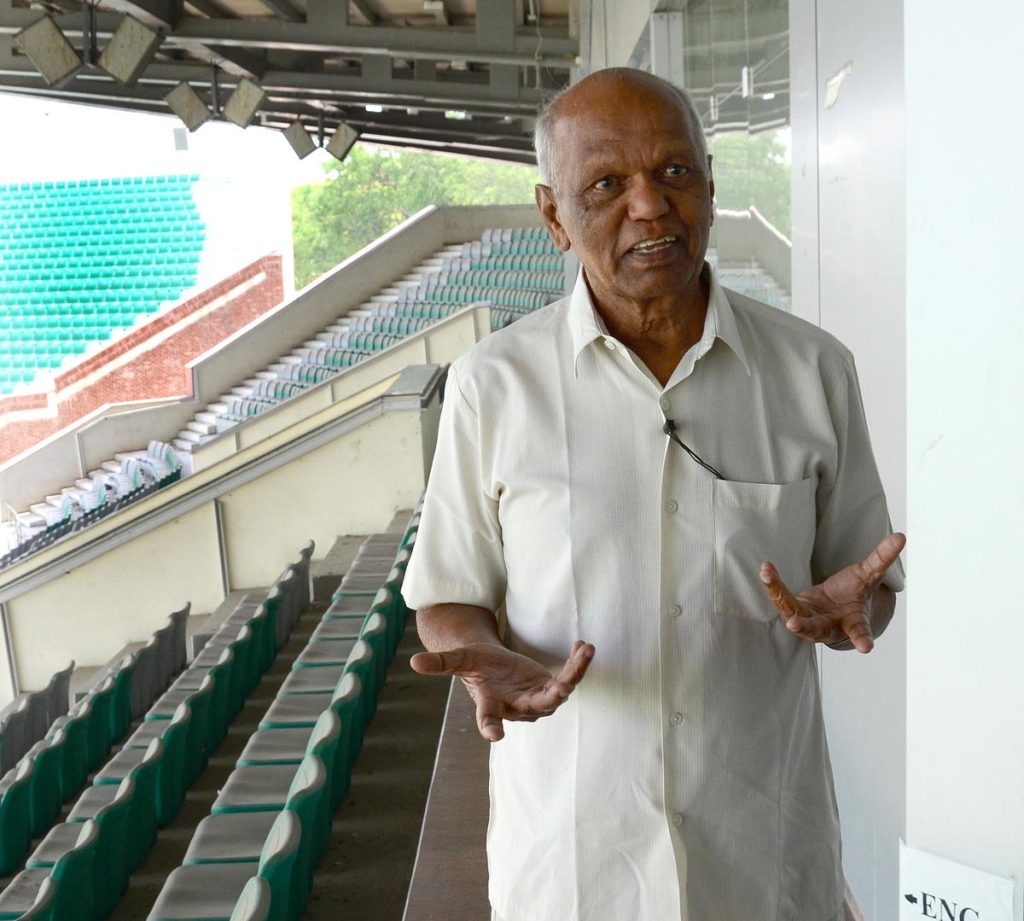One of India’s best players, raised in poverty but gifted with imagination and talent, has died in anonymity. It just took one rupee and 25 paise to give birth to one of India’s all-time great players.
It was a world far distant from the multi-million dollar pay cheques of today, but that tiny sum was no less life-changing for Tulsidas Balaram. Because it enabled the then-18-year-old to charter a bicycle and ride from Secunderabad to Hyderabad, where he participated in the selection trials for the state’s Santosh Trophy squad, the first step in his illustrious career.
The man who rose from humble beginnings to become probably the greatest Indian forward of all time died on Thursday, aged 86, in Kolkata after a protracted illness.
Balaram’s numbers may not be flattering when compared to many players of his time and those who have come after him. He made 36 international games and scored 10 goals for India since his debut in 1956. Nonetheless, figures do not do credit to his skills, which were described as “otherworldly” by many who saw him.
Hundreds would pack the stands to see the ‘holy trinity’ of Indian football – PK Banerjee, Chuni Goswami, and Balaram – play. Balaram tore opponents apart with his quick dashes and ripped open defences with his ball management and delivery. Yet, above all, they’d come to see him score vital goals.

It was the reason he went on to become the first-choice player for any team he played for. Whether it was the national team, where he was the fulcrum during the golden period. When India finished fourth at the Melbourne Olympics, won gold at the 1962 Asian Games. He reached the Merdeka tournament final in 1959; or his first club, City College Old Boys in Hyderabad, East Bengal.
As the late Indian football historian Novy Kapadia said, “as a sign of gratitude. Some (East Bengal) supporters would take turns accompanying him when he went for national camps. He washing his clothing and running daily chores for him.”
It wasn’t as if he was always destined for these things.
Balaram was born in Ammuguda, a tiny hamlet in Secunderabad. His family struggled to provide two nutritious meals every day. Football, which was popular in these regions at the time, became his shelter. Balaram began by playing for his village team, over the desires of his family. He preferred that he focus on studies.
Nothing captures his early hardships more than the story of how he bought his first pair of boots. The tale says that a young Balaram approached a shoemaker. He claimed he’d cut a pair from old army or police boots. Balaram then tracked down a traffic cop and harassed him for his old footwear. “He continued insulting and shooing me away, but after witnessing my determination. He ultimately gave me a tattered pair of boots,” he reportedly remembered.
His ordeal did not end there. He brought the boots to a cobbler, who charged him Rs 2 to make them into football shoes. So he approached his mum and said that he needed money to buy textbooks. “She didn’t pause,” Balaram observed. Balaram’s mother loaned him a few dollars, which he used to purchase his first pair of shoes.

The renowned SA Rahim ran upon him while playing in one of the local tournaments. Rahim, an observant coach with an uncanny eye for talent, saw Balaram’s potential and encouraged. The then 18-year-old to participate in the Santosh Trophy selection trials, which were to be conducted in Ernakulam.
Balaram was reluctant, worried that he wouldn’t be able to meet the travel expenses. Rahim saw his position and provided him with one rupee and 25 paise every day. So that he could hire a bicycle and attend the trials. As they say, the rest is history.

